Chromebook vs. Android tablet: Which is best?
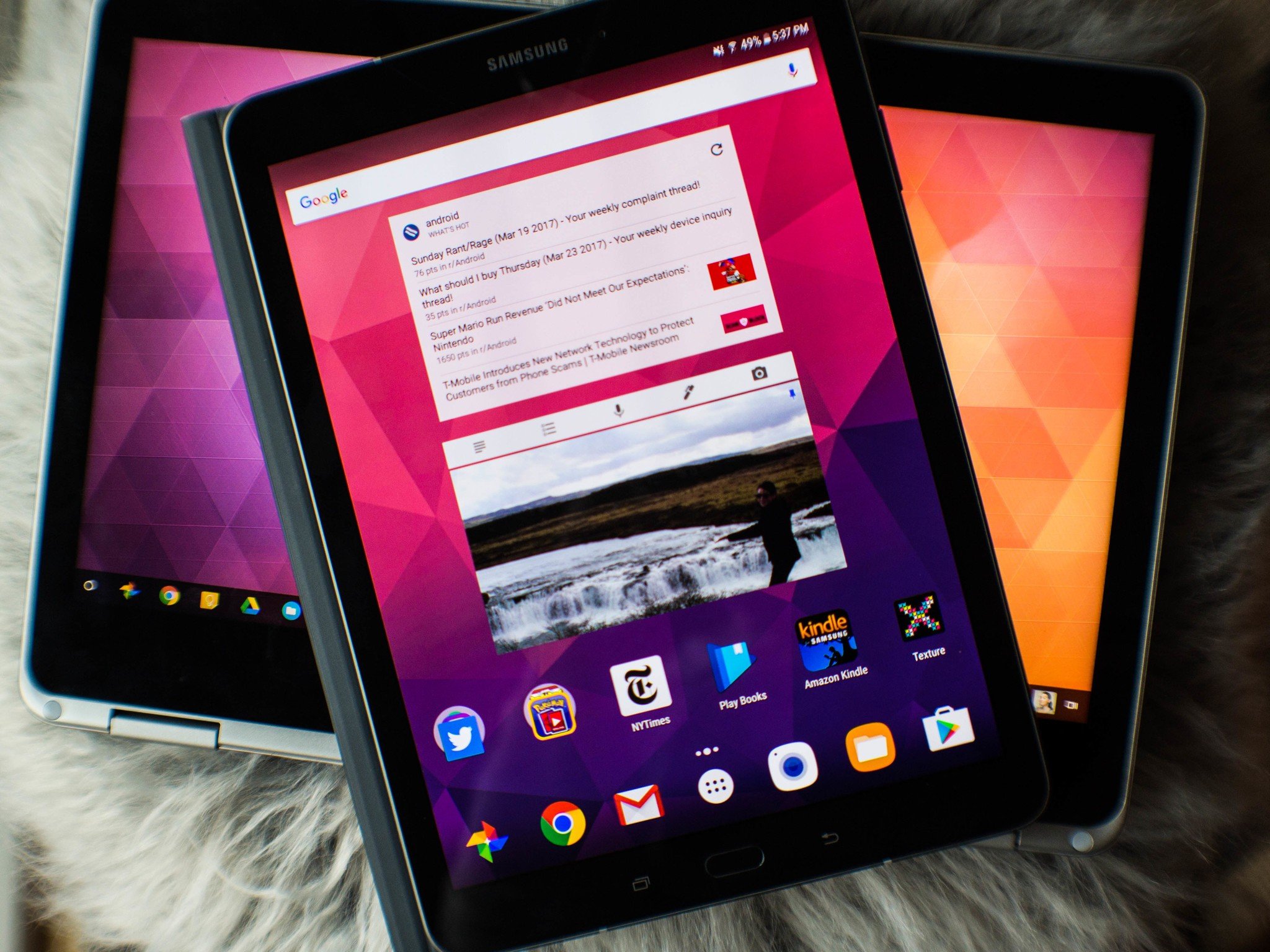
Mobile means more than just phones. Since the first Android tablet back in 2011, plenty of us have found that things, like watching videos or playing a game, can be better on a bigger display and there are some great tablet options to choose from, both cheap and expensive. Ask anyone with a Galaxy Tab S3 and they'll tell you about the incredible display and how thin and light it is. Or talk to people who are still using the trusty Shield Tablet and they'll let you know it's dependable, great for gaming, and NVIDIA just keeps updating it and updating it.
But there is another way to have Android apps — the same apps as you would find on your phone or tablet — on a big screen. Google has doubled down on Chromebooks and after a sluggish start, pretty much every Chromebook you can buy new today will be able to install Android apps through Google Play. This makes a Chromebook a lot more attractive for many of us.
But which should you choose if you want the big-screen experience from the apps you use now and the apps you'll want to use? Form factor plays a part in your choice, but there are some other considerations, too.
Convertibles can feel clunky, but so are tablet keyboards
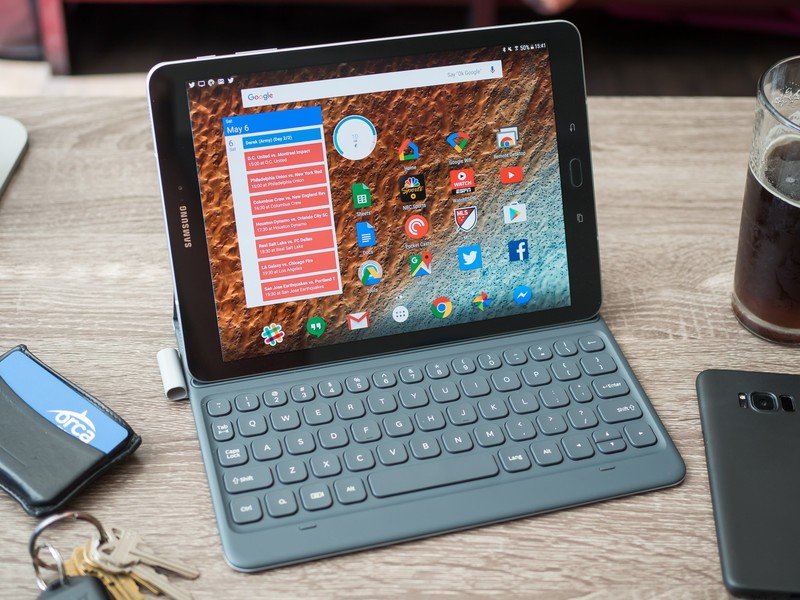
Soon some company will make a Chromebook with a detachable keyboard; it has to happen. In the meantime, most Chromebooks have a hinge system that allows you to fold the keyboard back under the display and use it as you would a tablet.
This works and also lets you stand your Chromebook like an easel for watching a video or sharing a presentation. But it's not the most svelte-feeling experience you'll ever find. Even the Pixelbook, which is paper thin and still nice and light when in "tablet mode" leaves you with an exposed keyboard on the back. A Chromebook will shut down the keyboard so you're not pressing keys willy-nilly, but it doesn't compare to a tablet when you're holding it in your hands. And unless a case company gets really creative, it never will.
Be an expert in 5 minutes
Get the latest news from Android Central, your trusted companion in the world of Android
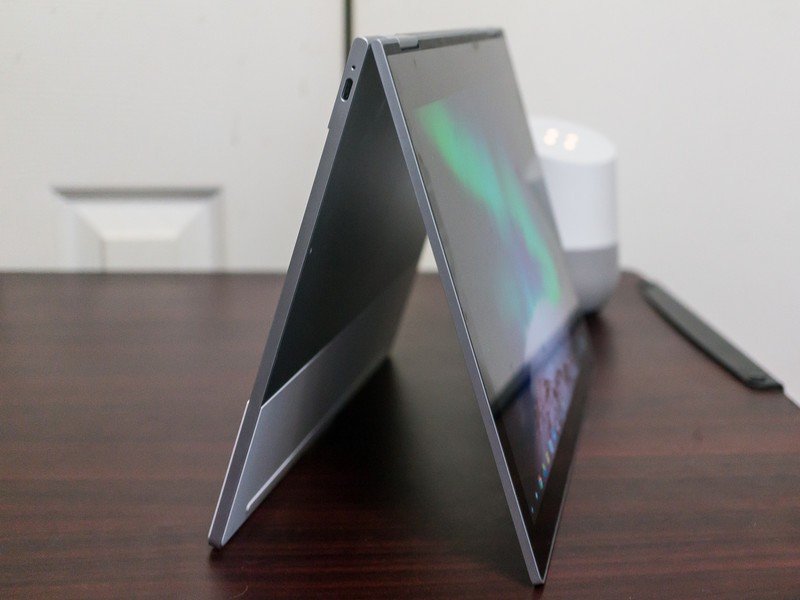
At the other end of the experience, using a tablet with a Bluetooth keyboard can often be frustrating. You have one more thing to charge, Bluetooth can be finicky and connection issues are common, and if you're a fast typist you'll quickly notice the intermittent input lag. The keys themselves won't have the "action" of a laptop keyboard and there's no trackpad. It's obvious from the start that even the best tablet keyboard is an accessory, not part of the experience.
How you want to use your big-screen Android makes a lot of difference here. If you want something you can hold in your hands that's super-thin and will be using it this way most of the time, a tablet might be a better choice. That's how they are designed to be used, and a good keyboard folio or case will be there for the odd times when you need to do a lot of typing.
Android and Chrome is a software masterpiece
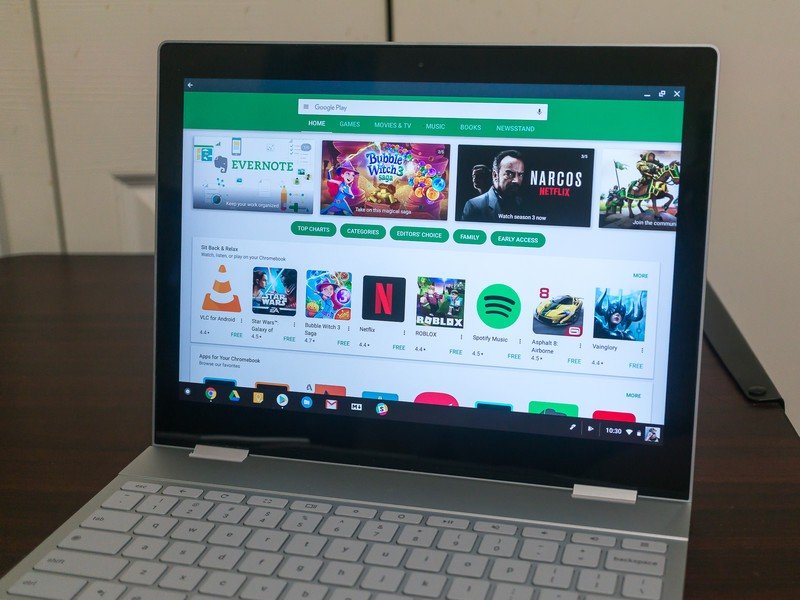
Android itself is mostly the same on a tablet and a Chromebook. Android apps designed for the home screen or the interface being the exception; icon packs, widgets, wallpaper apps, and the like aren't available for a Chromebook because they won't have anything to do. But you can find themes from the Chrome Store to spiffy up the desktop.
You'll also run across apps that won't work with your particular model because of hardware or software version. That goes for both tablets and Chromebooks and with well over a million apps in one place they will always be there. Other than these differences, apps look, work, and feel mostly the same.
A huge advantage for a Chromebook though is the web browser. Chrome OS has a fantastic desktop web browser. Even better than Chrome on Windows or a Mac. It's fast, efficient, and there are thousands and thousands of extensions and apps that can plug into it.
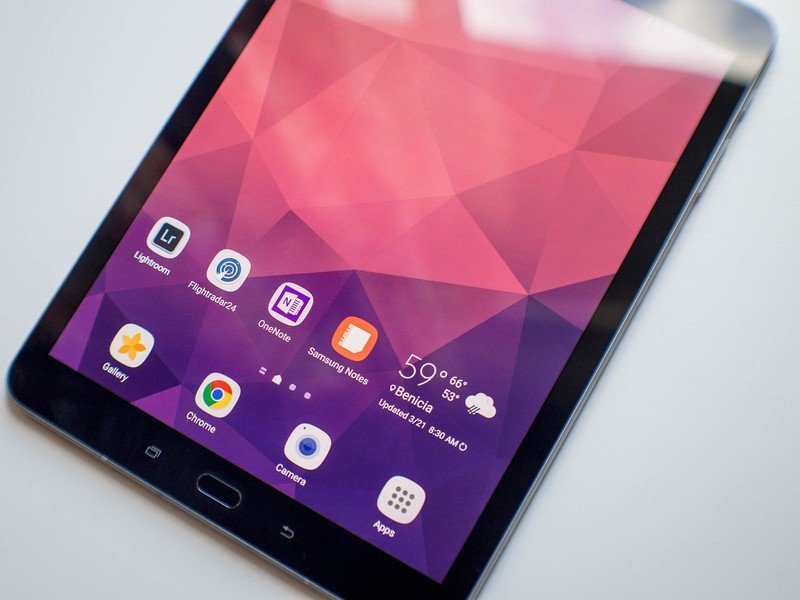
It's also completely siloed from any other app, which means there's no way for an Android app from Google Play to get to the private data — passwords, credit card info, or anything else — you have stored in Chrome. Android apps run natively on a Chromebook, but they are in what's called a "container" that can run independently from other parts of the software. This does have one drawback because for now, Android apps don't have access to SD card data. that's a solvable issue and we're pretty sure Google is working on a way to securely share the SD card with Android apps. Once that happens, you'll also be able to use an external hard drive or networked hard drive as SD storage for almost unlimited space.
So ask yourself, how important is the browser? If being on the web — and that includes things like the full interface for Facebook, YouTube, or Reddit — is important, the Chromebook is clearly superior when it comes to the software. You'll be able to play the same games, use the same social apps or work apps, and have the whole web available instead of the mobile-optimized web. Until the internet catches up and optimizes everything for mobile, that's a pretty big difference.
It's all about how you use it
Android isn't perfect on a big screen, and companies like Samsung have done what they can to make it better for their tablets, but for the most part, Android on a Chromebook gives you a better software experience than Android on a tablet.
Tablets were designed to be held and used, while a Chromebook is a laptop with a keyboard attached. That makes a difference if you plan to keep it in your hands while you're doing your thing. The best Android tablet makers have some nice keyboards you can pair, but they don't offer the seamless experience a laptop will. And folding the screen over the keyboard can make a Chromebook into a tablet, but it's usually thick, can be a little heavy, and you're holding on to the keyboard around the back.
Decide how you'll be using it and what you want to do with it, and the answer becomes obvious.

Jerry is an amateur woodworker and struggling shade tree mechanic. There's nothing he can't take apart, but many things he can't reassemble. You'll find him writing and speaking his loud opinion on Android Central and occasionally on Threads.
